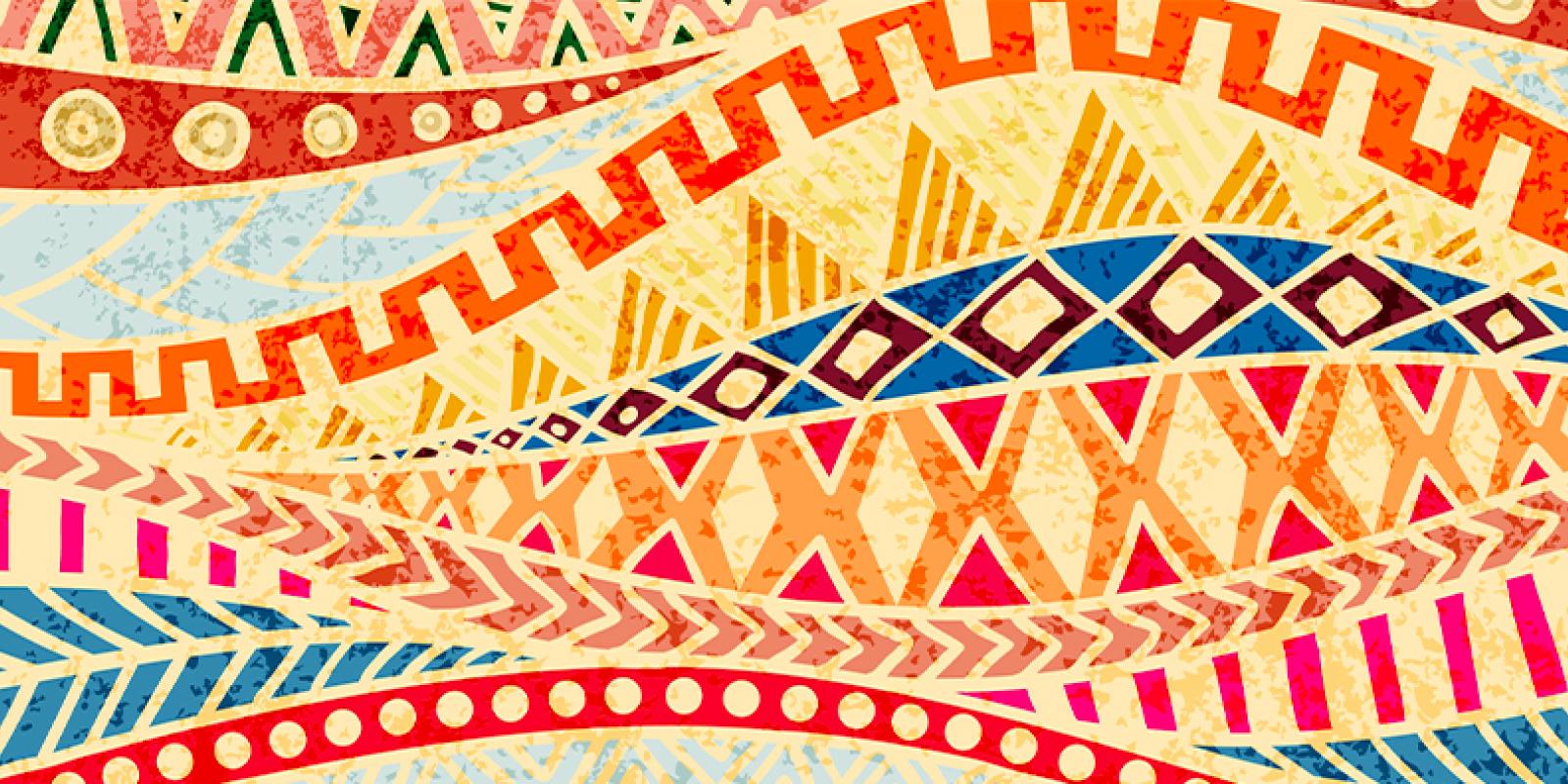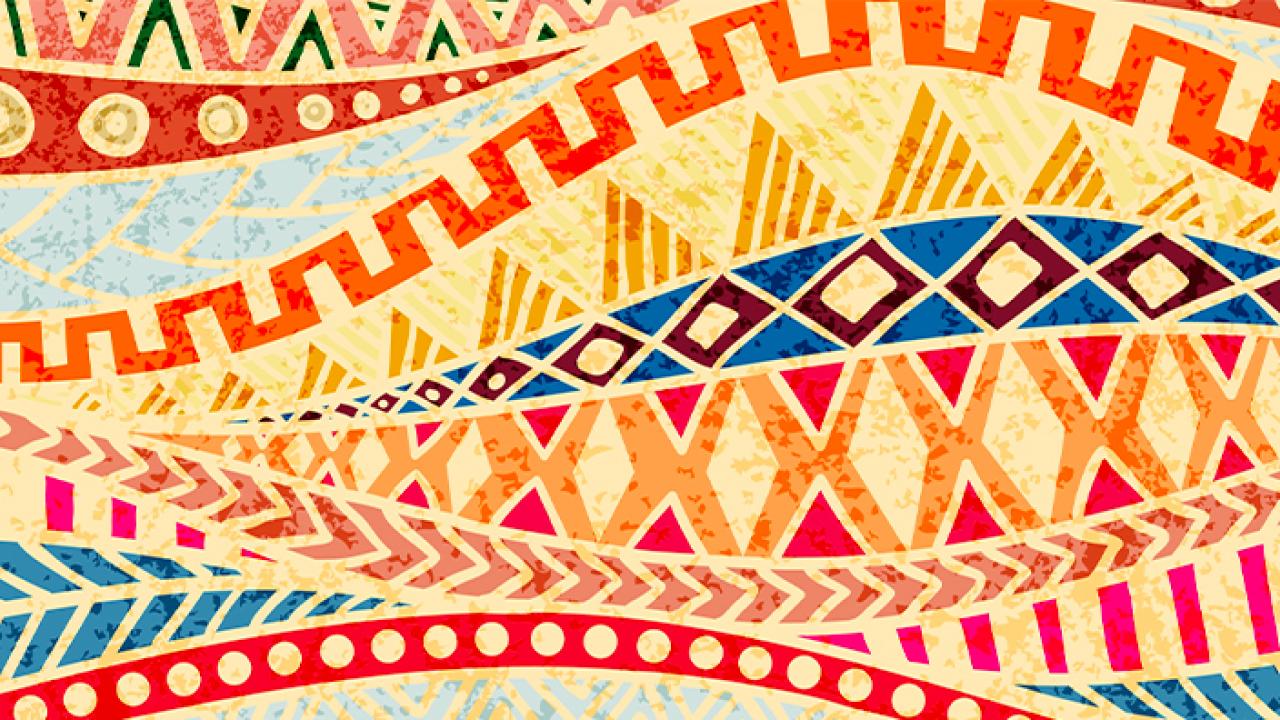Spoken Introduction to the Prayer Litany
On July 5, 1852, Frederick Douglass spoke to the Ladies’ Antislavery Society of Rochester, New York. Although he was speaking about the meaning of American Independence Day on July 4, he insisted on speaking on a different day to highlight the point that enslaved people did not have independence in 1852. Noting that white Americans saw the 4th of July as similar to the Passover, Douglass asserted that the promises of the Declaration of Independence rang hollow to those who lacked freedom.
A Prayer Litany
The non-bolded sections may be read by the leader or part of the congregation, with the boldface sections read by the entire congregation or part of it. Or the entire litany may be read by one person as a prayer.
Dear Lord,
We are the beneficiaries of so many good gifts and blessings.
We enjoy freedoms to live and worship
that were unknown throughout most of human history.
For the many blessings we have received from you,
including the blessing of living in this country,
we thank you.
Yet so many people in our society and our world
do not experience the blessing of freedom.
Many are slaves to unrelenting debt, to dead-end jobs,
to addictions, or to abuse in their homes or at work.
They are vulnerable in their own communities,
yet no other community will take them in
and provide refuge.
We look at people in such desperate conditions
and do not see them as our equals.
Like the enslaved people Frederick Douglass described in 1852,
talk of freedom seems like mockery to them.
Our rejoicing seems “empty and heartless,”
our boasting about our “national greatness” looks like “vanity,”
and our public thanksgivings look like hypocrisy
covering up so much wrongdoing.
We look critically at those on the margins of society,
ignoring their voices and pleadings.
Despite Hosea’s proclamation
that you desire mercy rather than sacrifice,
we focus on the letter of the law rather than feeding the hungry
and sheltering the stranger.
We complain when we see threats to our freedom of worship,
but not when we see threats to the vulnerable.
We walk paths of injustice
instead of following your just will.
O Lord,
please hasten the day when tyrants fall
and give way to justice and equality
among all who bear your image!
Amen.
—Quotations taken from Frederick Douglass, “What to the Slave Is the Fourth of July?” which is available from the Frederick Douglass Project at the University of Rochester at this link: https://rbscp.lib.rochester.edu/2945
Check Back Next Week…
This is the fourth of five blog posts of litanies developed by Dr. Barbara Bradley Feenstra and Dr. Ronald J. Feenstra for use in worship to commemorate events such as MLK’s birthday (January 15, 1929), Abraham Lincoln’s Second Inaugural Address (March 4, 1865), Juneteenth (June 19, 1865), July 4/5, and the anniversary of the March on Washington for Jobs and Freedom (August 28, 1963). Any of these may also be used during Black History Month. Each litany or prayer is based on documents connected to the event being commemorated.
Published Litanies:
A Prayer Litany Based on Martin Luther King’s “Letter from a Birmingham City Jail”
A Prayer Litany Based on Abraham Lincoln’s Second Inaugural Address
A Prayer Litany Based on the Emancipation Proclamation


